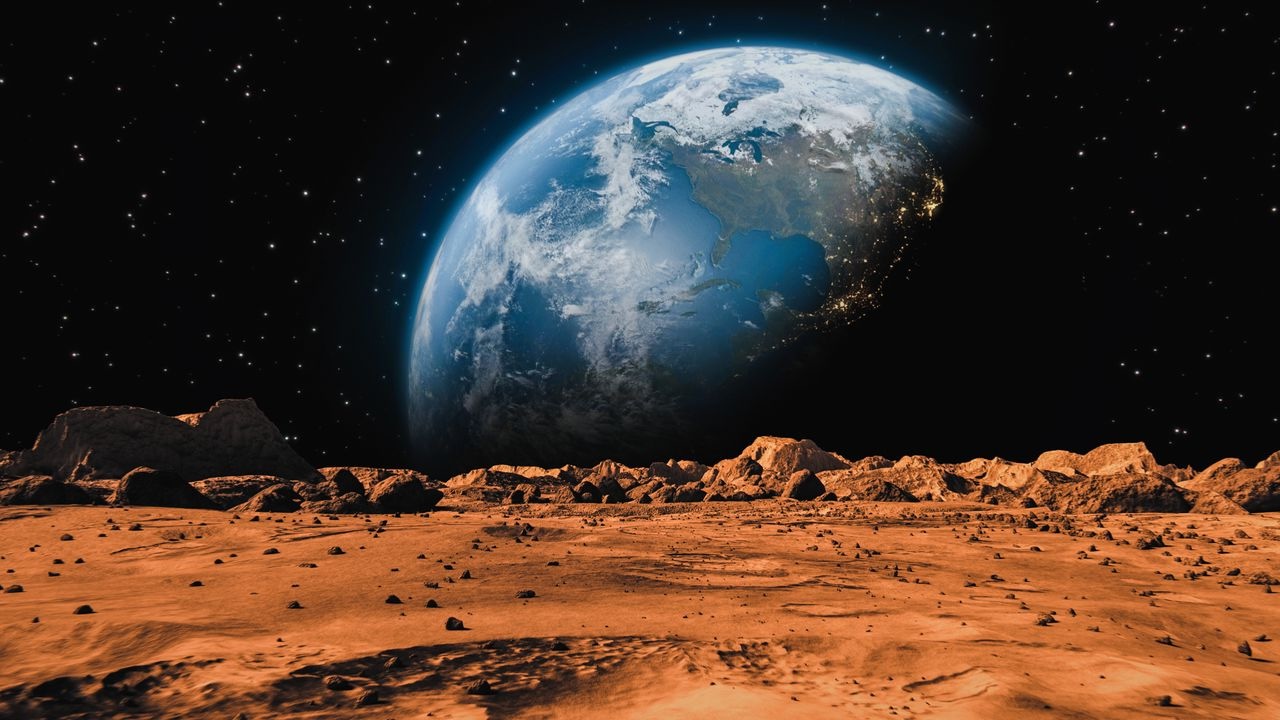
Is space colonization possible? Absolutely! Humans have always been curious about the stars, and now we're closer than ever to making space colonization a reality. From Mars to the Moon, scientists and engineers are working tirelessly to create sustainable habitats beyond Earth. Imagine living on another planet, growing food in space, and exploring new worlds. This isn't just science fiction anymore; it's becoming science fact. With advancements in technology, renewable energy, and life support systems, the dream of space colonization is within our grasp. Buckle up as we explore 32 incredible facts about this exciting frontier!
The Dream of Space Colonization
Space colonization has fascinated humanity for decades. The idea of living on another planet or moon sparks curiosity and imagination. Here are some intriguing facts about this ambitious endeavor.
-
Space colonization refers to the concept of establishing permanent human habitats outside Earth.
-
Mars is the most popular target for space colonization due to its relatively hospitable conditions compared to other planets.
-
Elon Musk and his company SpaceX aim to send humans to Mars by the mid-2020s.
-
Terraforming is the process of modifying a planet's environment to make it more Earth-like, a key concept in space colonization.
-
The Moon is considered a stepping stone for deeper space exploration and colonization.
-
Lunar bases could provide valuable resources like water and serve as launch points for missions to Mars and beyond.
Challenges of Space Colonization
Colonizing space isn't easy. Numerous challenges must be overcome to make this dream a reality. Here are some of the most significant obstacles.
-
Radiation in space poses a serious threat to human health, requiring advanced shielding technologies.
-
Microgravity can cause muscle atrophy and bone loss, making long-term space habitation difficult.
-
Life support systems must be highly reliable to provide air, water, and food for colonists.
-
Psychological effects of isolation and confinement in space can impact mental health.
-
Cost is a major barrier, with estimates for a Mars mission ranging from $100 billion to $1 trillion.
-
Communication delays between Earth and Mars can be up to 24 minutes, complicating real-time decision-making.
Technological Innovations
Advancements in technology are crucial for making space colonization feasible. Here are some key innovations.
-
Reusable rockets like SpaceX's Falcon 9 reduce the cost of space travel.
-
3D printing can be used to create tools and structures on other planets using local materials.
-
Artificial intelligence can assist in managing life support systems and conducting scientific research.
-
Nuclear propulsion could significantly reduce travel time to distant planets.
-
Closed-loop ecosystems aim to recycle air, water, and waste, making long-term habitation possible.
-
Robotics will play a crucial role in constructing habitats and performing maintenance tasks.
Potential Benefits of Space Colonization
Colonizing space could bring numerous benefits to humanity. Here are some potential advantages.
-
Resource extraction from asteroids and other celestial bodies could provide valuable materials.
-
Scientific research in space can lead to new discoveries and technological advancements.
-
Population pressure on Earth could be alleviated by establishing colonies in space.
-
Survival of humanity could be ensured by having a backup location in case of a global catastrophe.
-
Economic opportunities in space industries could create new jobs and markets.
-
Inspiration from space exploration can drive innovation and interest in STEM fields.
Ethical and Environmental Considerations
Space colonization raises important ethical and environmental questions. Here are some considerations.
-
Planetary protection involves preventing contamination of other planets with Earth microbes.
-
Space debris is a growing problem that could hinder future space missions.
-
Ownership and governance of space resources and territories need to be addressed.
-
Impact on indigenous life forms, if found, must be considered to avoid harming extraterrestrial ecosystems.
-
Equitable access to space resources and opportunities should be ensured for all nations.
-
Sustainability of space colonization efforts must be prioritized to avoid repeating Earth's environmental mistakes.
The Future of Space Colonization
The future of space colonization is full of possibilities. Here are some exciting prospects.
-
Interstellar travel could become a reality with advancements in propulsion technology.
-
Space tourism might pave the way for more permanent human settlements in space.
The Future Awaits
Space colonization isn't just a sci-fi dream anymore. With advancements in technology, humanity stands on the brink of making other planets our new homes. From Mars missions to lunar bases, the possibilities are endless. These efforts could solve problems like overpopulation and resource depletion on Earth. Plus, the idea of living among the stars is just plain cool.
However, challenges like radiation, microgravity, and the psychological effects of long-term space travel need solutions. International cooperation and continuous innovation will be key. As we look to the stars, it's clear that space colonization could redefine what it means to be human.
So, keep an eye on the skies. The next giant leap for mankind might be closer than we think. The future of space colonization is bright, and it's an exciting time to be alive.
Was this page helpful?
Our commitment to delivering trustworthy and engaging content is at the heart of what we do. Each fact on our site is contributed by real users like you, bringing a wealth of diverse insights and information. To ensure the highest standards of accuracy and reliability, our dedicated editors meticulously review each submission. This process guarantees that the facts we share are not only fascinating but also credible. Trust in our commitment to quality and authenticity as you explore and learn with us.
